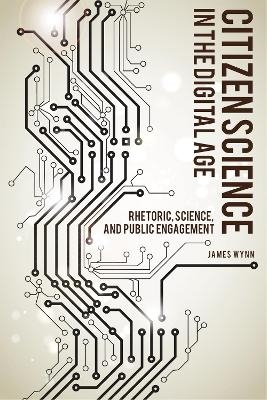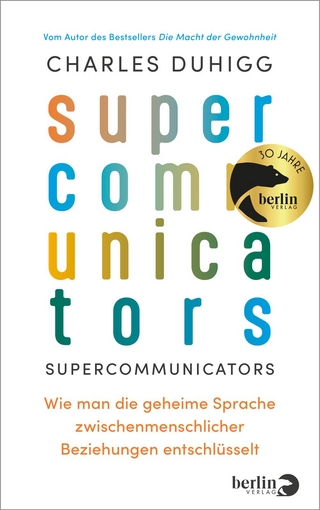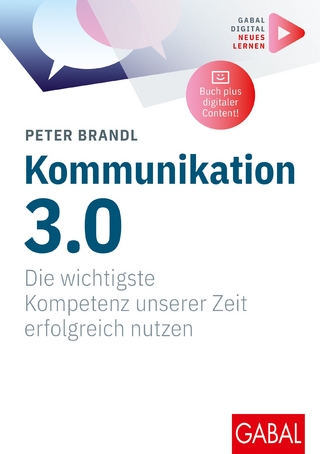
Citizen Science in the Digital Age
The University of Alabama Press (Verlag)
978-0-8173-5952-2 (ISBN)
A discussion of the benefits and pitfalls of citizen science—scientific undertakings that make use of public participation and crowd-sourced data collection.
James Wynn's timely investigation highlights scientific studies grounded in publicly gathered data and probes the rhetoric these studies employ. Many of these endeavors, such as the widely used SETI@home project, simply draw on the processing power of participants' home computers; others, like the protein-folding game FoldIt, ask users to take a more active role in solving scientific problems. In Citizen Science in the Digital Age: Rhetoric, Science, and Public Engagement, Wynn analyzes the discourse that enables these scientific ventures, as well as the difficulties that arise in communication between scientists and lay people and the potential for misuse of publicly gathered data.
Wynn puzzles out the intricacies of these exciting new research developments by focusing on various case studies. He explores the Safecast project, which originated from crowd-sourced mapping for Fukushima radiation dispersal, arguing that evolving technologies enable public volunteers to make concrete, sound, science-based arguments. Additionally, he considers the potential use of citizen science as a method of increasing the public's identification with the scientific community, and contemplates how more collaborative rhetoric might deepen these opportunities for interaction and alignment. Furthermore, he examines ways in which the lived experience of volunteers may be integrated with expert scientific knowledge, and also how this same personal involvement can be used to further policy agendas.
Precious few texts explore the intersection of rhetoric, science, and the Internet. Citizen Science in the Digital Age fills this gap, offering a clear, intelligent overview of the topic intended for rhetoric and communication scholars as well as practitioners and administrators in a number of science-based disciplines. With the expanded availability of once inaccessible technologies and computing power to laypeople, the practice of citizen science will only continue to grow. This study offers insight into how—given prudent application and the clear articulation of common goals—citizen science might strengthen the relationships between scientists and laypeople.
James Wynn is an associate professor of English at Carnegie Mellon University and the author of Evolution by Numbers: The Origins of Mathematical Argument in Biology.
List of Illustrations
Acknowledgments
Introduction
1. Citizen Science at the Roots
2. Reimaging Risk: Citizen Science and the Development of Citizen-Centered Radiation Risk Representations
3. Information for and by the People: The Internet and the Rise of Citizen Expertise
4. Warming Relations? The Benefits and Challenges of Promoting Understanding and Identification with Citizen Science
5. A Tale of Two Logoi: Citizen Science and the Politics of Redevelopment
Epilogue
Appendix A. Acoustical Assessment Form Used in Pepys Estate Noise Mapping
Appendix B. Sound Level Reference Chart Used by Pepys Estate Citizen Scientists
Appendix C. Bar Graph of Qualitative Sound Descriptors for Pepys Estate Sound Mapping
Appendix D. Bar Graph of Sources of Noise on Pepys Estate
Notes
Works Cited
Index
| Erscheinungsdatum | 04.06.2019 |
|---|---|
| Reihe/Serie | Rhetoric Culture and Social Critique Series |
| Zusatzinfo | 11 black & white figures |
| Verlagsort | Alabama |
| Sprache | englisch |
| Maße | 152 x 229 mm |
| Gewicht | 345 g |
| Themenwelt | Sachbuch/Ratgeber ► Beruf / Finanzen / Recht / Wirtschaft ► Briefe / Präsentation / Rhetorik |
| Naturwissenschaften ► Geowissenschaften ► Meteorologie / Klimatologie | |
| Sozialwissenschaften ► Kommunikation / Medien ► Kommunikationswissenschaft | |
| ISBN-10 | 0-8173-5952-4 / 0817359524 |
| ISBN-13 | 978-0-8173-5952-2 / 9780817359522 |
| Zustand | Neuware |
| Haben Sie eine Frage zum Produkt? |
aus dem Bereich


